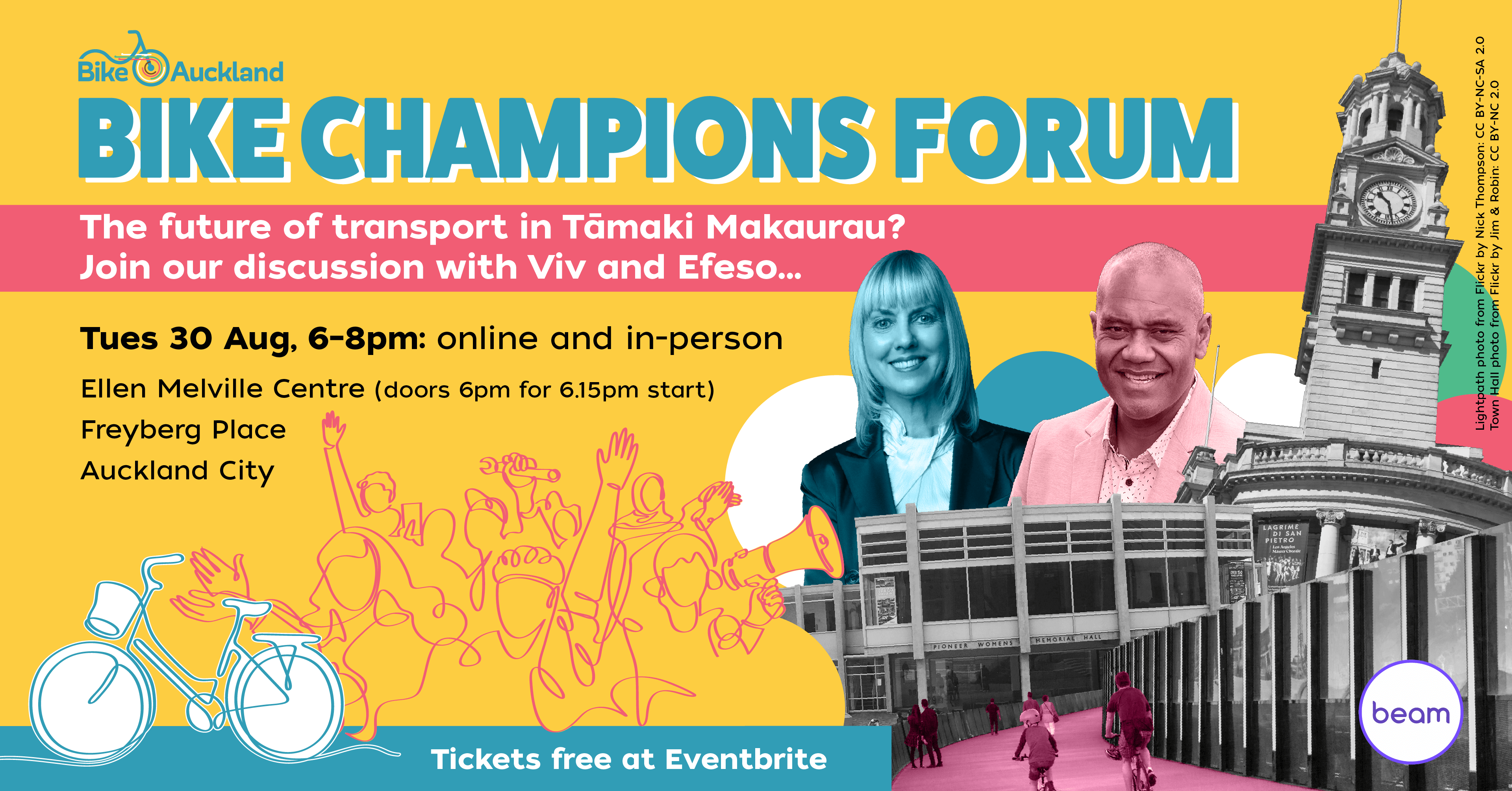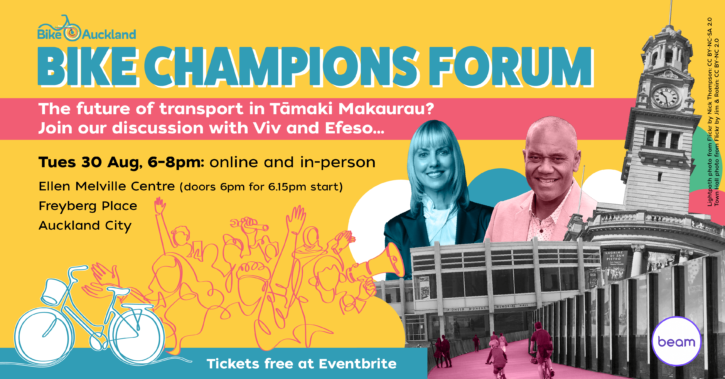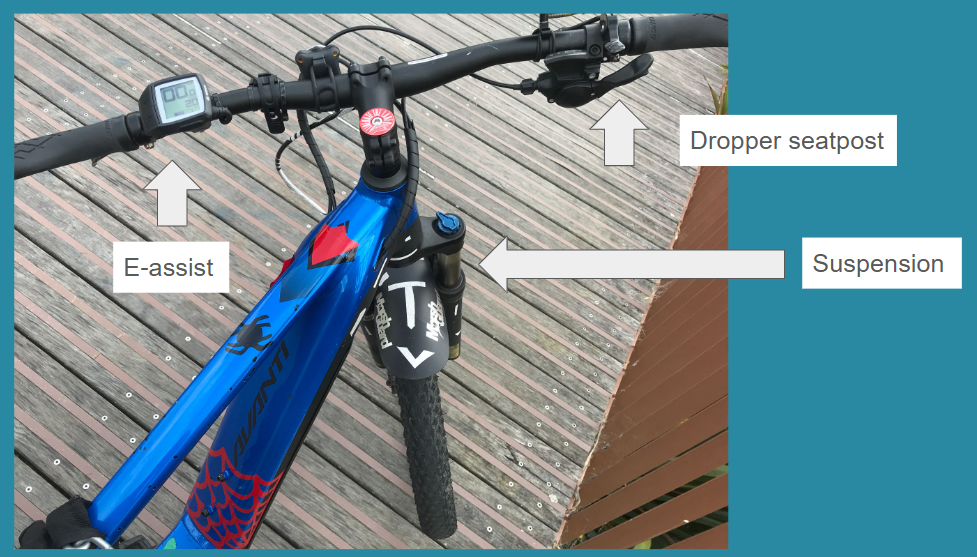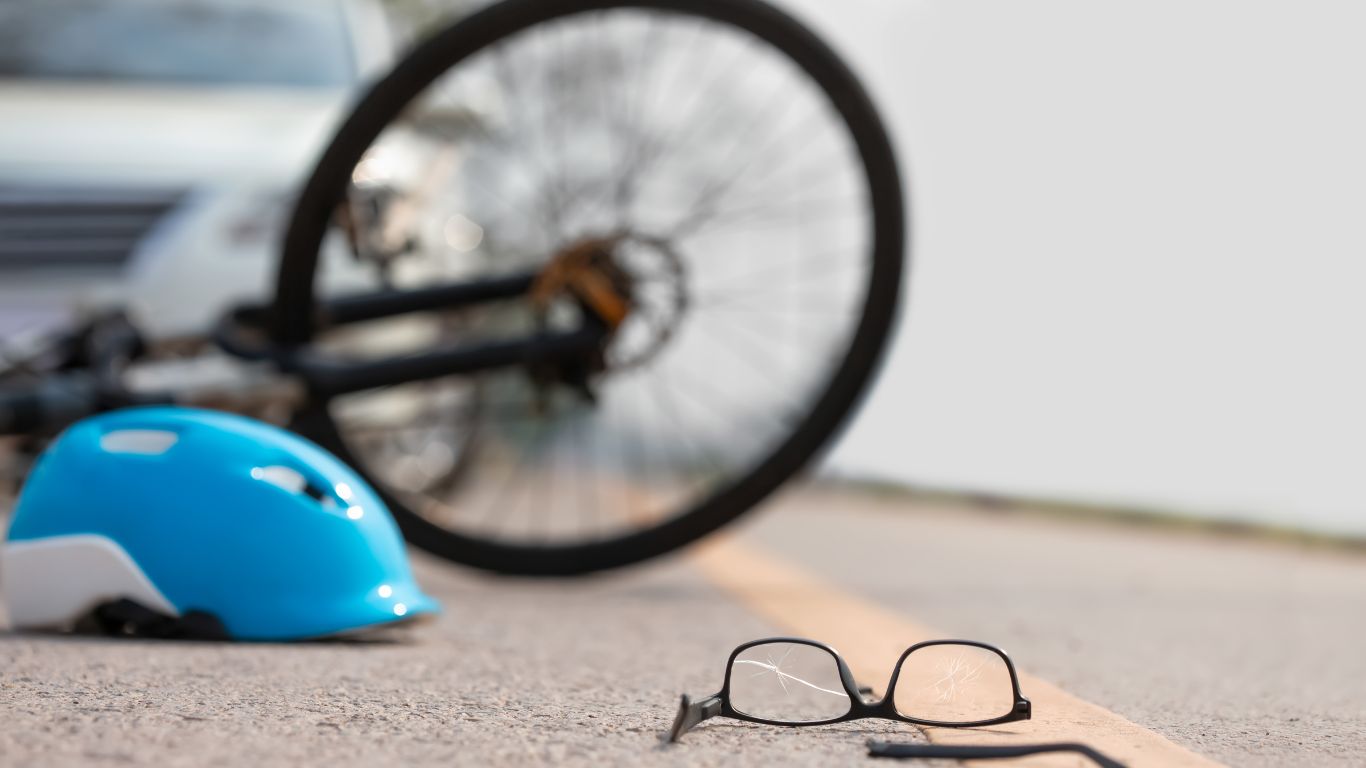In the face of Auckland’s ambitious climate action plans, transport is an especially topical issue for our 2022 local elections. Below, Tommy de Silva, biking/public transport enthusiast and University of Auckland researcher, outlines the transport policy of eight Auckland mayoralty candidates.
2022 is a local election year. Per usual, transport is a major talking point for the mayoral candidates. But this election transport policy is more contentious and topical than usual. Council has big plans to halve Auckland’s greenhouse gas (GHG) emissions by 2030, and transport is our city’s single largest GHG emitter. 43.6% of Auckland’s GHG emissions come from transport, overwhelmingly from road transport. Evidently, radical transport policy is required to meet our climate change mitigation targets. As well as the proposed emissions reductions, Auckland is amid significant transport infrastructure projects, including the City Rail Link, the long-awaited Penlink and the Glen Innes to Tāmaki Drive bike/pedestrian connection. Our beloved city’s transport is at a crossroads.
So, where do the candidates who want to succeed two-term mayor Phil Goff stand on the kaupapa of transport? The candidates’ transport policy ranges from ambitious improvements toward making our public transit network more accessible and connected to perpetuating the status quo of car-infested dystopia.
I’ve scoured plenty of news sites and the candidate’s kōrero, so you don’t have to. Welcome to a comprehensive guide to Tāmaki Makaurau-Auckland’s mayoral candidate’s proposed transport policy.
Because there is a varying amount of published information on mayoral candidates’ transport policies, the transport policy of some candidates in this post is covered more than others. This reflects the unequal media coverage and uneven campaign funding of local elections, not Bike Auckland or the author’s mayoral preference. This guide also only includes those candidates featured in polling.
So what is the transport policy of Auckland’s mayoral candidates so far? Here are the frontrunner candidates transport policies so far according to the latest polling (listed in alphabetical order). Where possible the cycling specific policies have been highlighted.
Viv Beck
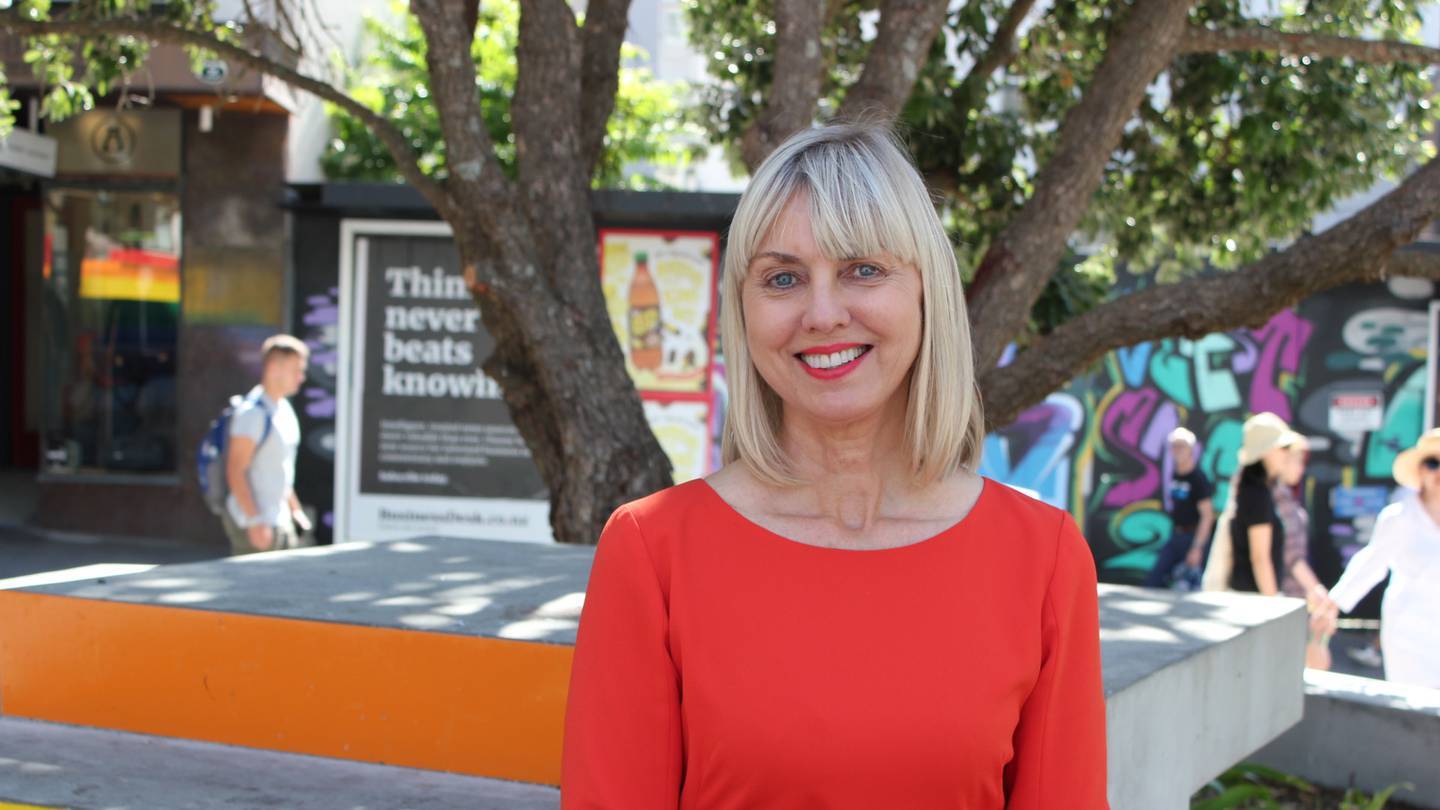
So far, of all the candidates, Beck’s transport policy is one of the most comprehensive. She says that Aucklanders share her transport policy priority, addressing traffic congestion. Mayor Beck would stop vilifying private car users, implementing an early end to the 11.5c regional fuel tax.
To ease congestion Beck would improve intersection pinch points by implementing more flexible traffic light phasing, a greater use of clearways and more dynamic lanes. Dynamic lanes, like the one at the start of Whangaparāoa Road, use signs and on-road lights to change the direction of centre lanes at peak times.
Beck also wants to divert two-thirds of a $300m fund for small and simple bus/bike improvements towards enhancing existing roads. These improvements would serve private cars and freight by upgrading alternative routes.
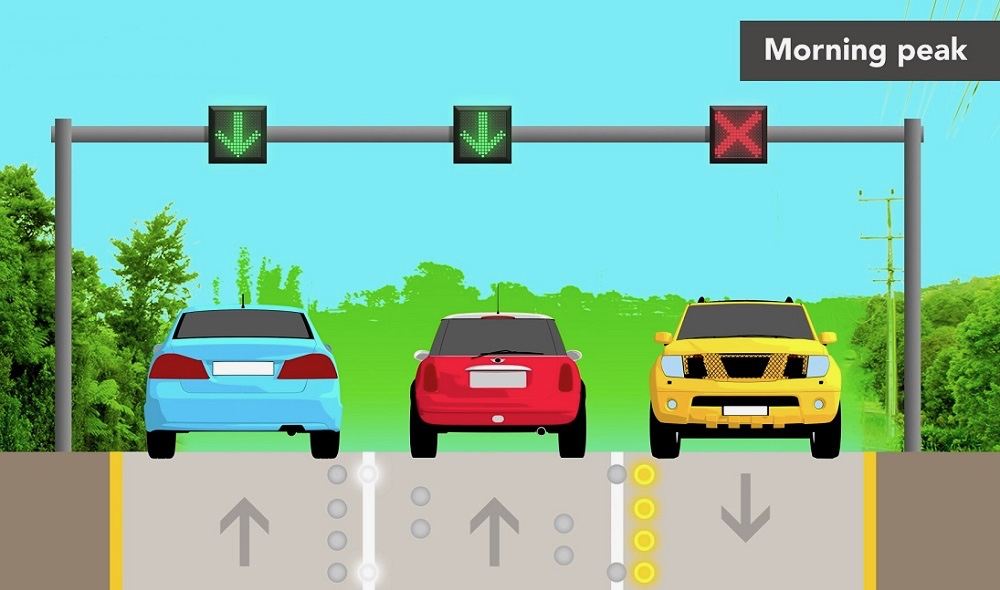

Although improving roads seems counterproductive toward emissions reductions, Beck has claimed that she also prioritises climate action. Her public transport (PT) policy would empower more Aucklanders to make environmentally conscious transport choices. Beck is against light rail (at least right now) and fares-free PT, but she wants Auckland to have a bus rapid transit network (BRTN) within the next decade.
The BRTN would begin with a new $2.5b express busway, like the Northern Busway, to be built over the next five years alongside the northwestern motorway out to Westgate. Eventually, this busway could be extended to Kumeu. Mayor Beck would also invest $110m into Northern Busway improvements by extending its platforms and adding pedestrian overpasses plus bus turn-around facilities.
Beck proposes scrapping the planned light rail to the Airport through Mt Roskill. Instead, she would fast-track a $2b Botany-Airport rapid bus line. But Beck is not totally opposed to light rail, suggesting that the Botany-Airport and Northwest bus lines could be future-proofed to become light rail eventually. In the long term, she suggests that a street-level light rail or rapid bus line could be built along the proposed light rail route.
Cycling specific policy
As previously mentioned, Beck wants to reallocate cycling funding, and she is also against the proposed $2b investment into bike/pedestrian infrastructure. But she offered a $20m cycling concession to make it safer for kids to bike to school. Beck would trial congestion minimisation around schools by widening footpaths, installing more speed bumps and pedestrian crossings, and reallocating pick-up/drop-off zones. If successful, the trial would be made permanent if funding was available.
Beck has also suggested opening up the WWII era Albert Park tunnels as a cycling-walking connection between the CBD and Parnell. Aside from the school and tunnel ideas, Beck’s bike policy is lacking, however. Mayor Beck would oppose a full time lane reallocation on the Harbour Bridge for active mode users, and instead would only allow it on rare occasions. She has argued that AT’s Parking Strategy needs review and that there is not a strong case for reallocating on street parking in favour of cycle lanes.
Wayne Brown

Wayne is advocating for finishing the City Rail Link with no more lost time or money. In general, Wayne’s big transport policy is to prioritise speeding up the completion of existing projects over embarking on new ones. That is not to say that Wayne would be allergic to starting new projects. Instead, the key word there is ‘prioritise’. Under Mayor Wayne, Auckland, not Wellington, would decide on new projects.
In a debate, Wayne said that as mayor, he would prioritise climate action. Yet his current PT platform would not radically minimise Auckland’s GHG emissions. Three PT policies Wayne has been supportive of include, the dedicated North Shore-CBD bike ferry, finishing current busway projects and starting the Avondale to Southdown rail line.
Cycling specific policy
Brown opposes expensive cycling infrastructure. However, he still wants to reallocate road space to bikes and suggests accelerating cycling projects cheaply. Brown said that safe cycle lanes need only paint and some kerbing, definitely on the cheaper side of bike infrastructure. He does not want to reallocate a Harbour Bridge lane for active mode users.
One of Wayne’s ideas to explicitly minimise emissions is to ban container trucks from Auckland’s roads, including the Harbour Bridge. He believes that getting trucks off the Harbour Bridge will avert the need for a second Waitemata crossing in the foreseeable future. Other transport ideas of Wayne’s include replacing the AT board and opposing congestion charges until better PT is introduced.
Fa’anānā Efeso Collins

Collins’ preeminent policy initiative is fares-free PT. If achieved, fares-free PT would undoubtedly be a radical reform in Auckland. He argues that fares-free PT would kill two birds with one stone by reducing household spending and emissions. Collins even has a rough plan to pay for his initiative. He believes that funds could be reallocated from Council’s budget, for example, by limiting consultancy spending. Congestion charges, the National Land Transport Fund and Crown subsidies could make up the remaining cost. Fares-free PT is a popular policy with cross-aisle support from voters. 73% of Aucklanders support the idea, including 62% of the usually pro-car Act and National voters.
But Mayor Collins’ PT policy wouldn’t stop there. He is championing a better, expanded and more frequent PT network. Global examples have shown that fares-free PT only increases ridership drastically when a good PT network exists, so improving Auckland’s subpar network would be vital to the policy’s success. According to Collins, improved PT is a “quadruple win: good for the cost of living, for congestion, for climate, and for revitalising our town centres”.

As his PT policy suggests, climate action would be a priority under Mayor Collins. He said, “This plan (PT policy) is underpinned by the strong intent for Auckland to meet its climate action goals which will require 64% emissions reductions to come from transport by 2030”. To further reduce transport emissions, Collins supports the government and AT plans to invest in electric and plug-in hybrid ferries. Another transport-related policy from Collins is putting more councillors on the AT Board to re-align it with the Council’s vision for a better-connected city.
Cycling specific policy
Collins also supports AT’s Parking Strategy, suggesting that he is in favour of proliferating bike and bus lanes across Auckland’s busiest roads. Generally, he supports allowing active mode users to access the current or future Waitemata crossings. For example, Collins has suggested a trial lane on the Harbour Bridge for active mode users. In that vein, Mayor Collins would oppose car access on any future Waitemata crossing.
Other candidates according to the latest polling (listed in alphabetical order):
Gary Brown
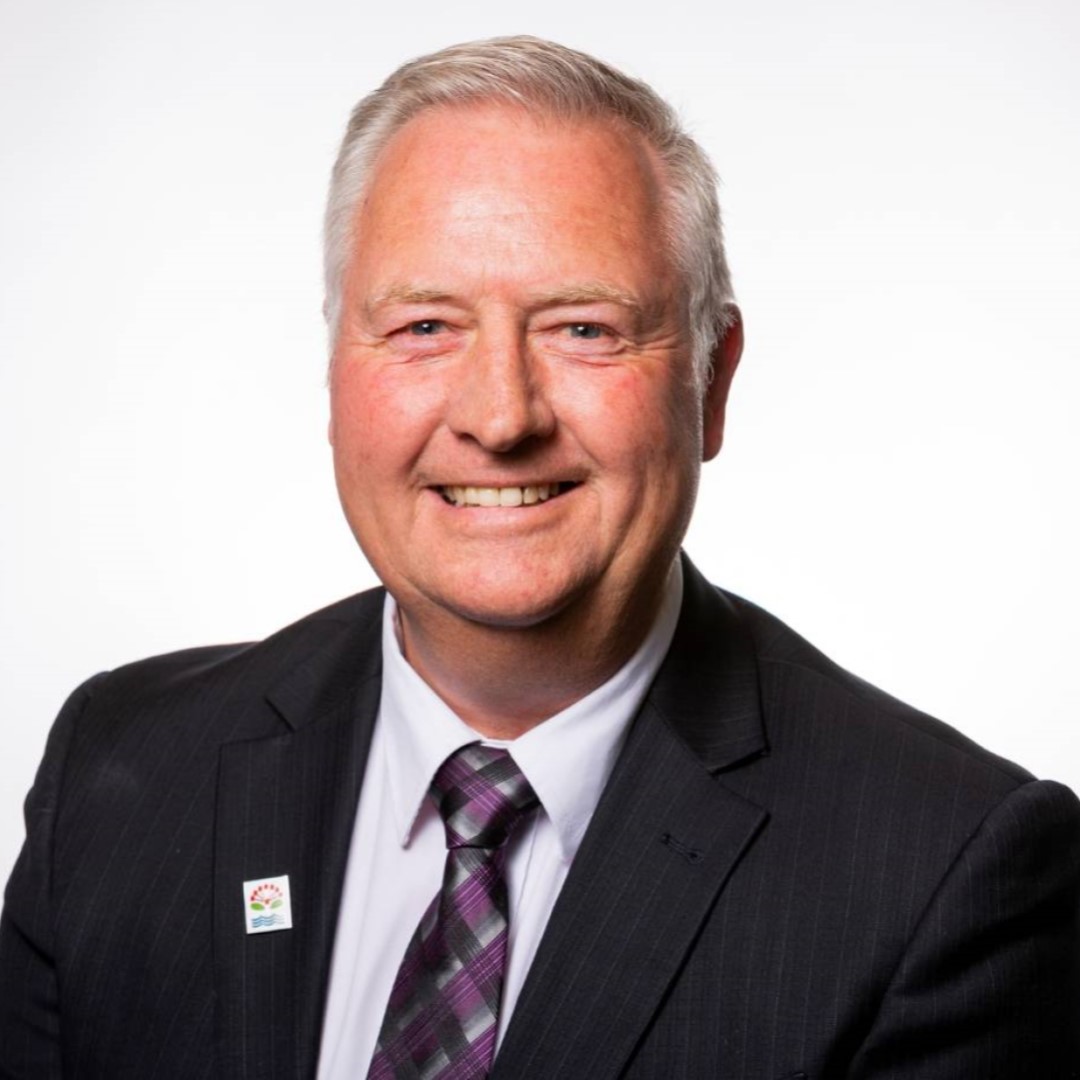
Current Hibiscus and Bays Local Board chairperson Gary Brown is running on a self-described environmentally friendly platform. A key part of Gary’s proposed sustainable mayoralty will come through transforming our transport network into a “world-class” system with better, more regular and more cost-effective PT.
To make Auckland’s transport network world-class, Gary argues that we can not further put off necessary infrastructure projects that will only get more expensive over time. This includes improving busways with “adequate lanes for buses to ensure they arrive at their destinations in better time”. But Gary also wants developers to enable accessible PT by ensuring their project’s roads are wide enough for buses. Developers would also have to add more off-street parking into new builds under Mayor Gary.
Cycling specific policy
On biking, like Beck and Wayne Brown, Gary opposes ‘expensive’ cycleways projects and sees widening footpaths as a viable alternative. Gary says we should widen footpaths for kids on bikes and for mobility users.
Ted Johnston
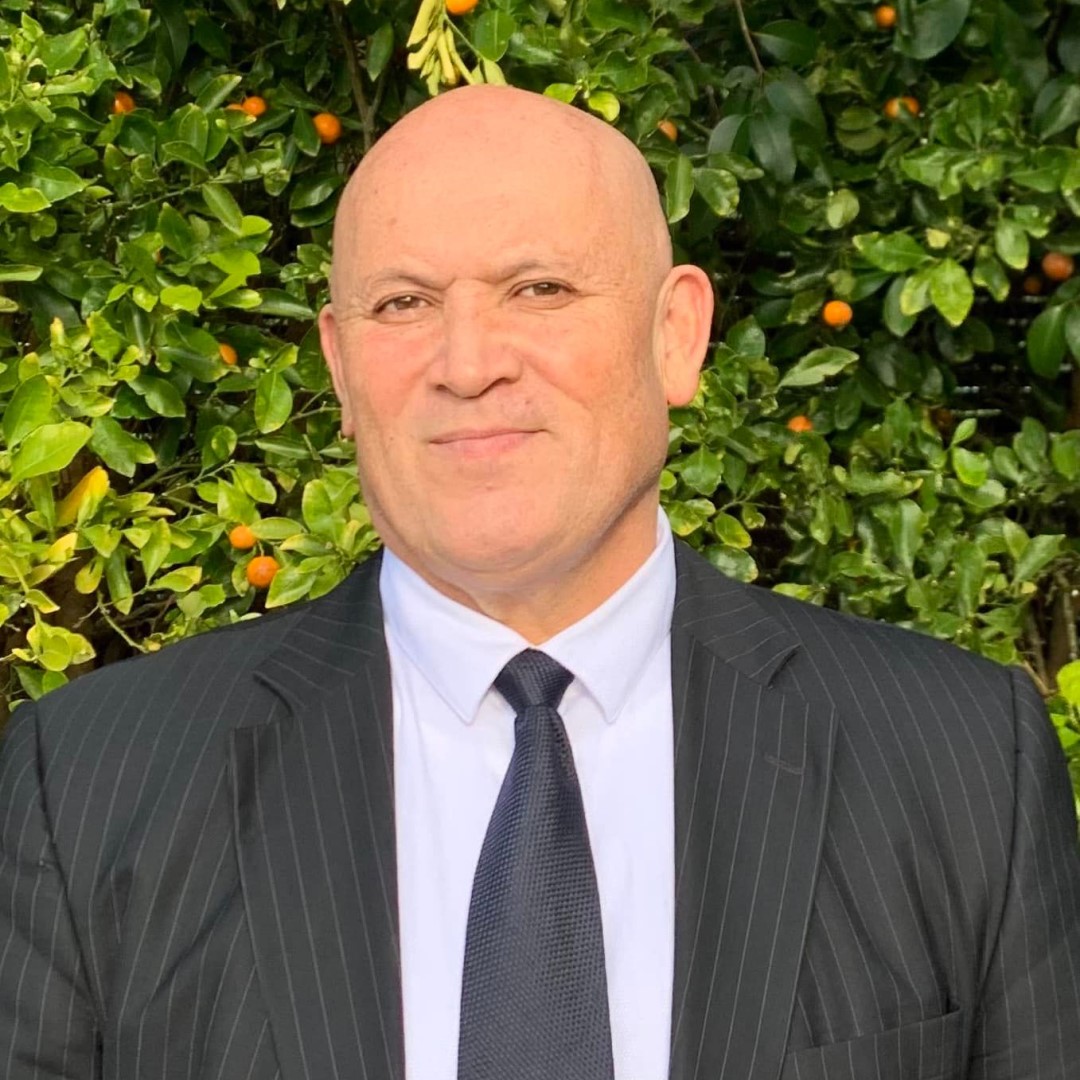
Cycling specific policy
New Conservative party co-leader Ted Johnston said climate action would not be a priority if he were elected mayor. Instead, he seems very concerned with Auckland’s “anti-car policy”. Johnston wants to keep cars and car parks in the CBD alongside making city centre parking free. A congestion tax for private-car users would also not fly under a Johnston mayoralty, as he believes that it goes against the wants of Aucklanders. Although he is against the CBD to airport light rail idea, which he called “wasteful and stupid”, he generally wants to improve the rail network. On bike infrastructure, he said that cycle paths are a waste of money, and he is against the proposed $2b cycleways investment. As such, Johnston is against reallocating a Harbour Bridge lane for active mode users.
John Lehmann

Lehmann is another mayoral candidate campaigning on abolishing the fuel tax. He thinks the money already raised from it should be used to upgrade roads and parking. On parking, Lehmann believes that getting rid of on-street parking is “total madness”, instead advocating for more and better car parking. Lehmann would also remove traffic islands and other roading ‘obstructions’. But Lehmann’s policy is not all about roads and car parks. He also wants to get cars off the roads by implementing free bus rides on smaller buses than we have now but with more frequent services. Lehmann also wants to “shake up AT” with a review and likely replacement of its board.
Cycling specific policy
Lastly, Lehmann disagrees with the “let them ride bikes” transport solution and has not proposed any pro-bike policy.
Craig Lord

Another candidate potentially committing political suicide by saying that climate action would not be a priority under his mayoralty; Lord’s transport policy focuses on roading. Besides the proposed Kumeū bypass, the Mill Road arterial and Warkworth’s Street Road Lord is against building new roads. As mayor Lord would begin the Kumeū bypass and accelerate the Mill Road work. He would also fund major roading upgrades in the Franklin and Rodney districts, to the tune of $124m for Rodney alone. Lord is also campaigning for safety improvements on SH16. To round off his roading policy, Lord will remove AT traffic flow restrictions. On PT, Lord wants to charge park and ride users and extend the commuter rail to Huapai.
Cycling specific policy
Like Johnston, Lord has strong anti-bike views and doesn’t support a Harbour Bridge lane reallocation for active mode users. He called investing in cycle lanes “idiotic”, and as mayor, he would cut bike infrastructure funding.

Michael Morris
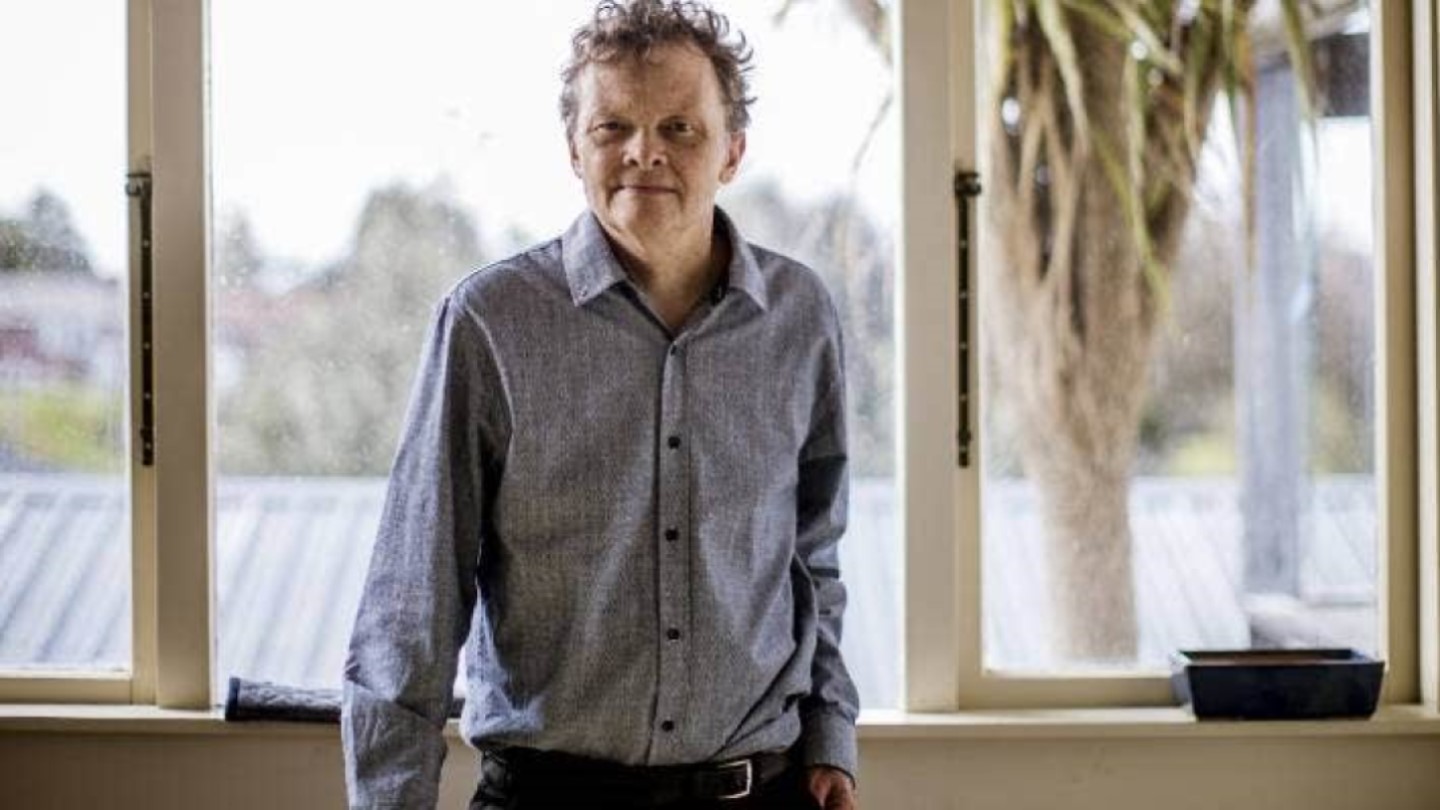
Animals rights champion Michael Morris wants dogs to be allowed on buses and trains where practical. Like several other candidates, Morris is advocating for fares-free PT. As mayor, Morris would improve PT services, for example, by expanding bus services in underserviced areas like South Auckland. He is campaigning against increasing car lanes because, in the long run, it makes congestion worse by encouraging more people to drive.
Cycling specific polices
Instead of adding more car lanes, as Mayor Morris would make Auckland more accessible for pedestrians and active mode/micro-mobility users. To achieve this, Morris would implement light-controlled crossings that preference active mode/micro-mobility users over cars, and he would add more pedestrian crossings. Morris would reallocate a Harbour Bridge lane for active mode users out of necessity in the face of the climate crisis. “One thing that we can do is get rid of the hegemony of the motorcar,” he said. Morris believes that these sustainable transport initiatives could be funded by levying developers. To Morris, “A change in transport and planning priorities will replace soulless concrete deserts with diverse and vibrant community centres”.
Summary
Transport is an issue of utmost importance for our city’s 2022 local election. To achieve Tāmaki Makaurau-Auckland’s proposed GHG emissions reductions our transport habits must radically change. Our 2022 mayoral candidates vary greatly in how much they would promote radical reform in our transport sector. Unfortunately, as of yet, none of the nine candidates are campaigning on radical bike infrastructure improvements. We are yet to find our Anne Hidalgo, the Parisian mayor who has transformed France’s capital into a much more bike-friendly place in less than two terms. Hopefully, our candidates will launch more pro-bike policies between now and September when voting begins – maybe even at the upcoming discussion with Beck and Collins about the future of transport in Tāmaki Makaurau on August 30th.
